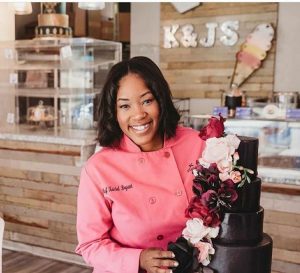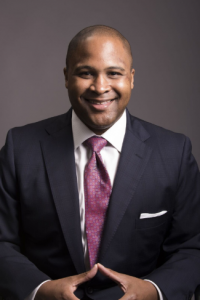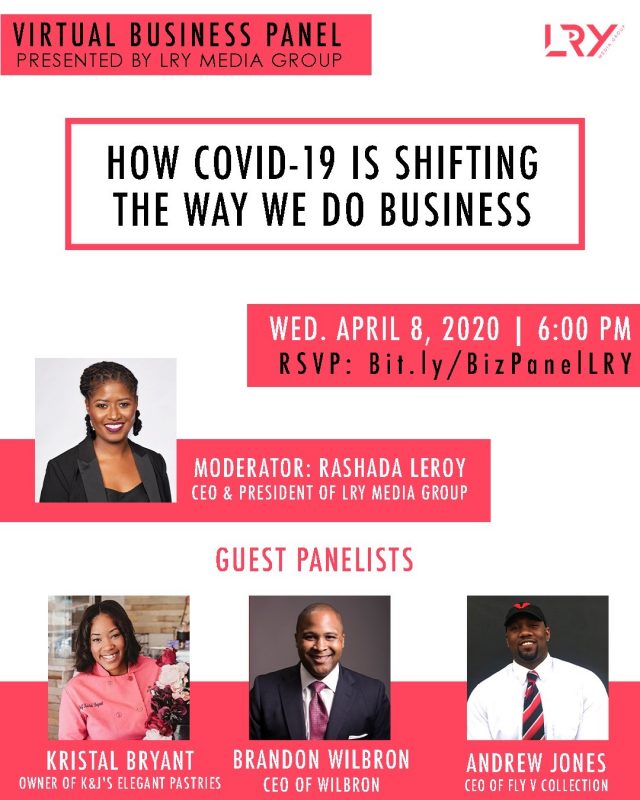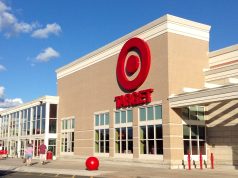By Erica Wright
The Birmingham Times
For Kristal Bryant, owner of K&J’s Elegant Pastries in Alabaster, the COVID-19 pandemic means time to modify her business plan.

“I’ve been revamping the business . . . working on a plan for a crisis if something like this were to happen again,” Bryant said. “I’m adding gift cards to my website, working on other ways to create an income without physically being at my store.”
Bryant is one of many small business owners who have had to shift their business models amid the global COVID-19 pandemic to best serve customers and survive during challenging times.
Bryant spoke last week during LRY Media Group’s virtual business panel, “How COVID-19 is Shifting the Way We Do Business.” The panel also included Brandon Wilson, CEO of Wilbron Inc, a consulting agency and Andrew Jones, CEO of FLY V Collection and apparel brand and clothing store. The panel was moderated by LRY Media Group’s CEO and president, Rashada LeRoy.
During the discussion, held on Zoom, panelists talked about owning a business, changes they need to make and coming back from the crisis even stronger.
As an apparel brand, Jones’ business had been deemed as ‘nonessential’ during the pandemic, which has caused some challenges, he said.
“I’ve had issues with suppliers scaling back their business to only certain days of the week, some are running half-staff and it slows down your supply chain of getting products from beginning to end,” he said.
Jones said he has to decide whether to “go hard” or “take a step back.” It’s a combination of both, he said.
“I think you should take time to reevaluate first and then go hard secondly, so that way when you’re going hard, you’re going at a focused direction and not giving off a panic mode type of personality to your customer base.”
Wilson said he’s going even harder because a byproduct of crisis is focus and clarity and in this time of reassessing who we are and how this crisis is impacting our customer, it’s absolutely a time for us to also be evaluating the way we deliver our services,” he said. “Not today, but for projecting out into the future and thinking about how our customer is going to come out of this on the other end.”
Pivoting In A Crisis
The panelists said it’s important for businesses to pivot and implement new strategies.

Wilson said the customer base is changing too.
“They find themselves in very unique positions, with very unique or different needs, different or evolving purchasing habits [so we should] look at our business in terms of how is our customer [are] being shaped by this crisis,” he said. . . . It’s important for us to take an assessment, study and research about what is happening with our core customers and then align our businesses with those changes.”
Wilson said response from his clients has been positive. “Every call I have, we’re talking about social impact, whether you sell utilities or widgets, it’s about meeting the needs of the people and they’ve been emboldened,” Wilson said. “I’m being very intentional about encouraging and even challenging my clients to make the pivot with us and do something that creates legacy… they are excited about it and they are equally excited that we are making a pivot as opposed to waiting to see what happens.”
Since the doors of her business have closed, Bryant said she is focusing now on shipping.
“We feel like that will stop us from having a huge contact with people right now and also people will be able to order from us right away and get it to them. I was already looking into it, but this crisis has given me time to focus on executing that strategy.”
Jones said some opportunities could come from the crisis.
“It allows you to promote adding customer value, so I think the messages and what you put out right now marketing wise should be all adding value to the customer,” he said.
“Right now, I have a customer investment program where I allow customers to go to my website and invest $20 for $40 credit when the store reopens… I would say definitely communicating that message of adding customer value and trying to become more of a hybrid business model is going to be more sufficient now.”
New Normal
Once the pandemic passes, all three panelists said it will be imperative to adapt to what they believe will become a new normal.
“I’ve learned to always stay flexible, Jones said. “For me and my business, I will have to retrace my footsteps because before I was in my current position of having a brick and mortar store, I had to start off by being an entrepreneur getting products to customers or figuring out ways to get products to them.
“Retracing my footsteps looks like we have a mobile unit where

we’re able to deliver products directly to consumers or different meet-up places like a food truck, but with clothes. The new normal for me will be the mobile portion and trying to keep that up and running at all times and, of course, doing things to drive people to my website for online shopping.”
Wilson said the crisis has reinforced for him the human experience will always be king. “I think the new normal is going to be that every business is going to be thinking about ways to have a social impact,” he said.
Bryant said she will make sure there is a plan in place “at all times.”
“Being a chef, I’ve always thought ‘people have to eat so we’ll never close’ but this showed me that restaurants can close or be in a position where they could have to close,” she said. “. . . at least if this happens again, you already have that plan in place and don’t have to wait to place the plan.”




